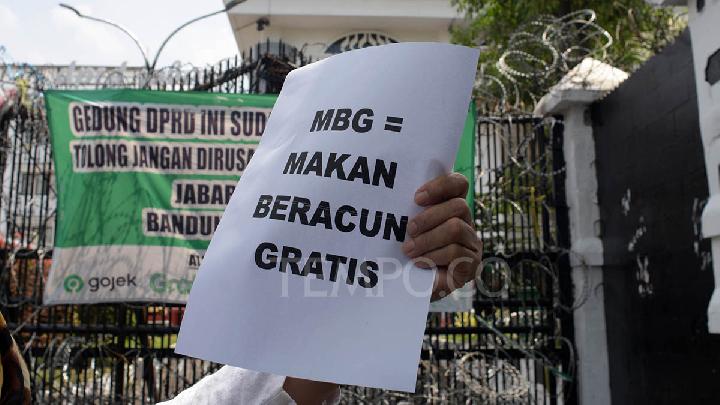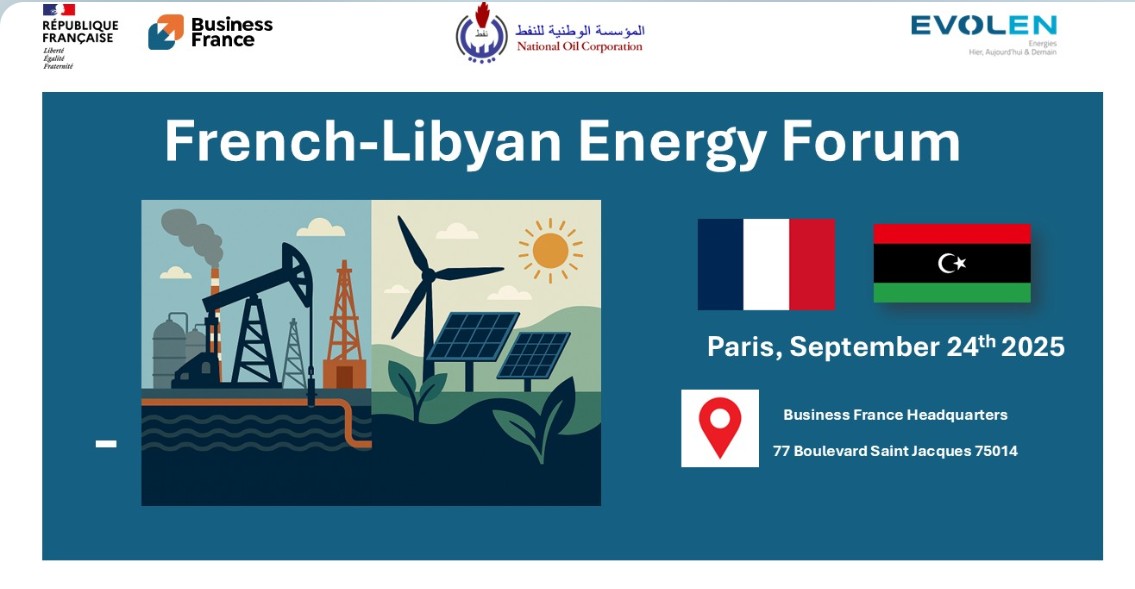By Dede Leni Mardianti
Copyright tempo

TEMPO.CO, Jakarta – Indonesia’s Ombudsman has uncovered irregularities in the procurement of raw materials for the government’s free nutritious meal program (MBG), including the alleged falsification of premium rice quality by a food supplier.Ombudsman member Yeka Hendra Fatika revealed that the case was detected at one of the Nutrition Fulfillment Service Units (SPPG) in Bogor, West Java. The kitchen reportedly received medium-quality rice with a broken grain level exceeding 15 percent, even though the contract required premium-grade rice.“The state is paying a premium price, but the children are not receiving optimal quality,” Yeka said during a press conference on the Ombudsman’s Rapid Study on Preventing Maladministration in the MBG Program, held in South Jakarta on Tuesday, September 30, 2025.Yeka explained that the SPPG management was unaware of the alleged rice quality falsification, which was only discovered during the Ombudsman’s investigation. He added that such inconsistencies between contract specifications and actual supplies are not isolated.Other MBG kitchens have also reported similar problems, including unfresh vegetables and incomplete side dishes.According to Yeka, these discrepancies occur because some suppliers deviate from contractual agreements, while weak oversight allows the practice to continue.The absence of strict Acceptance Quality Limit (AQL) standards in the kitchens, he said, makes it easier for substandard ingredients to slip through.“SPPGs need to be more careful in inspecting supplies, because samples provided by suppliers are not always consistent with what is delivered,” Yeka cautioned.Beyond the supply chain issues, the Ombudsman identified four other potential forms of maladministration in the MBG program: prolonged delays in resolving problems, discriminatory practices in MBG business competition, weak competence in applying standard operating procedures (SOP), and procedural deviations.“These findings not only highlight governance weaknesses but also show that the government still has much to improve,” Yeka said.He urged the National Nutrition Agency (BGN) and relevant authorities to strengthen oversight and management of the program.“The focus should not only be on meeting quantity targets, but also on ensuring quality,” he stressed.Editor’s Choice: BGN to Compensate Teachers for Free Meal Distribution RoleClick here to get the latest news updates from Tempo on Google News



